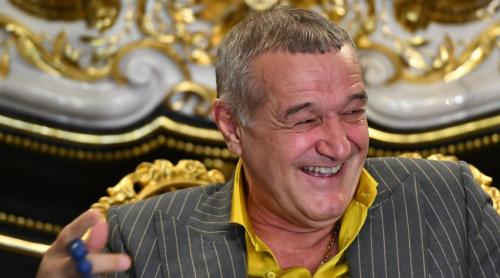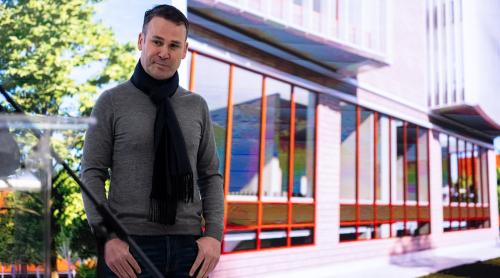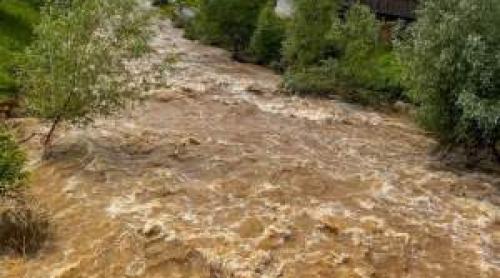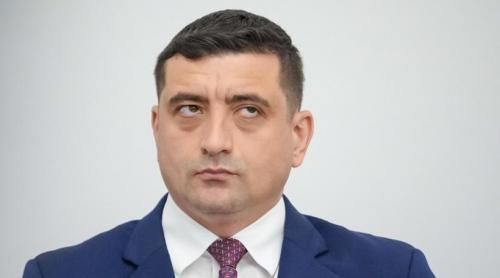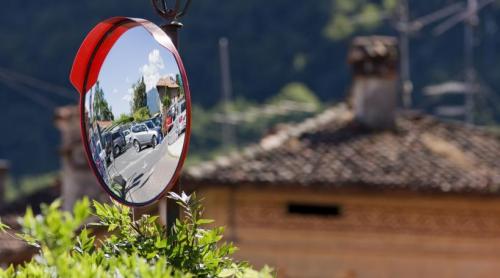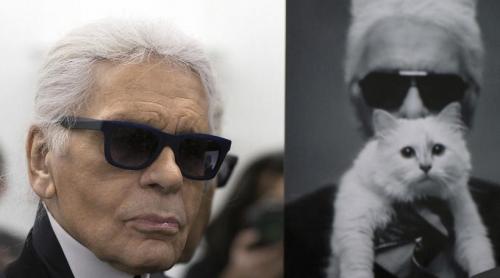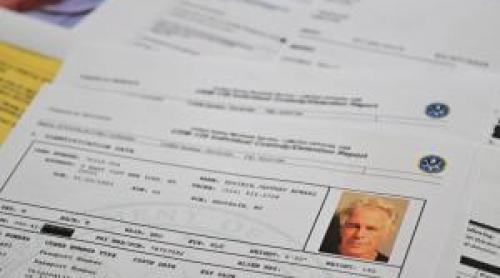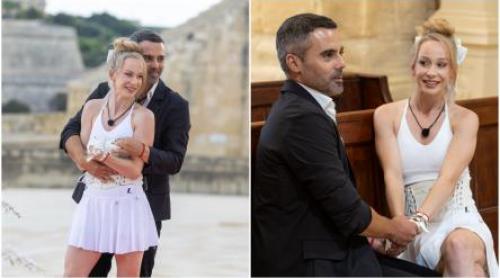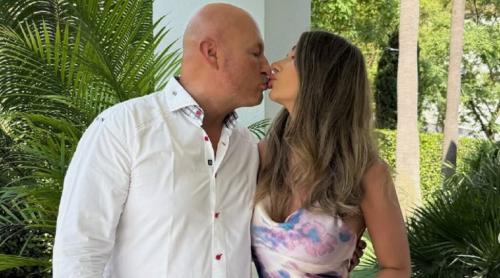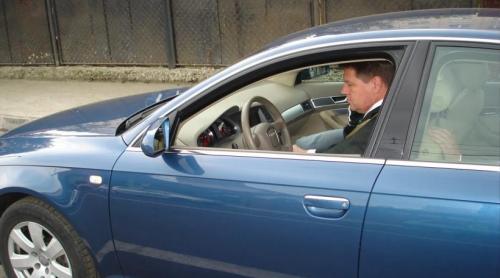
Dispatch from Tripoli, Libya
Romanian - Libyan relations were once warm and cozy, but they turned icy after Romania ousted communism in 1989. This was the first official visit of a Romanian delegation in more than 20 years.
When accompanying the Romanian foreign minister, Mihai Razvan Ungureanu, to Tripoli, journalists found out that this was an official visit like no other. First, the schedule was a matter of unpredictable change; second, the protocol was very strict, since the smallest and insignificant gesture could turn out to be decoded as having harmful meanings. The third and the biggest surprises of all turned out to be that Ungureanu was to meet the leader Muammer Gadaffi, and we were to accompany him.
When news arrived that "we were leaving for Gadaffiâs fortress," all journalists rushed to the busses like scared quails.
Our local guards turned even more nervous than they usually were, and the bus drivers embarked in a car race, as if training for a world rally.
So I learned the hard way that "swaia" meant "donât rush," but was in fact a very weak command, since we did not go any slower, and that "yallah" translated with "step on it," and it actually meant that your worst dreams of being part in car stunt were about to come true. My left hand was clutched into the chair, and my right hand on the camera, when our busses came to a stop: the Gadaffiâs guards donning sour-cherry berets were in front of us and we understood that we were one step closer to seeing the Libyan leader, though not yet there.
The soldiers in military gear nodded their heads approvingly when the word "sahafyn," which meant "the press" was pronounced.
No one searched our busses at the first check-point, but when they came to a halt in front of a building still bearing the marks of machine guns shot during an assassination attempt against Gadaffi in 1986, a lot o personnel in military gear and civilian clothes surrounded us and did the security check.
We were allowed to take only the cameras, the video cameras and the tape recorders. Mobile phones were to be shut down and left in the busses. Then we braced ourselves for a long wait. True or not, we had heard stories about world leaders waiting for hours before Gadaffi - which we now started to identify somewhat affectionately as "the Leader" - met them.
Spainâs minister of foreign affairs was rumored to have waited for 10 hours before Gadaffi met him; African leaders present to a congress also waited long hours for Gadaffi; and even Nicolae Ceausescu, Romaniaâs former dictator, is rumored to have been treated like that. The group of Romanian journalists waited patiently next to a building where we were informed that delegations of African, Iraqi and Jordanian leaders were welcomed.
Time passed easier when we focused on the security check the Gadaffiâs personnel conducted on the gift the Romanian delegation wanted to present to the Leader.
"How is Romania? How is the President?" asked Gadaffi. Just as he was making a sign to his men to take out of the room the media, Ungureanu started to deliver the friendship message from President Traian Basescu.
Gadaffi not only listened to the words, but carefully read the message written in Romanian and Arabic. However, the carefully checked hunting knife did not get the same treatment, as Gadaffi passed it immediately to his aide, not leaving time the photographers to take a picture of him receiving the symbolic present. As we exited the fortress, the Jurnalul National journalist took a picture of the building and one of the guards. This could have turned into a major incident, we later learned; the Libyans however, were gracious enough to just make sure that the frame in the digital camera was erased from the memory.
After a tour in a labyrinth-like maze of streets, designed to confuse us, we exited the fortified zone. All journalists in the buss were quiet now: we had seen Gadaffi!
Translated by ANCA PADURARU
Citește pe Antena3.ro



